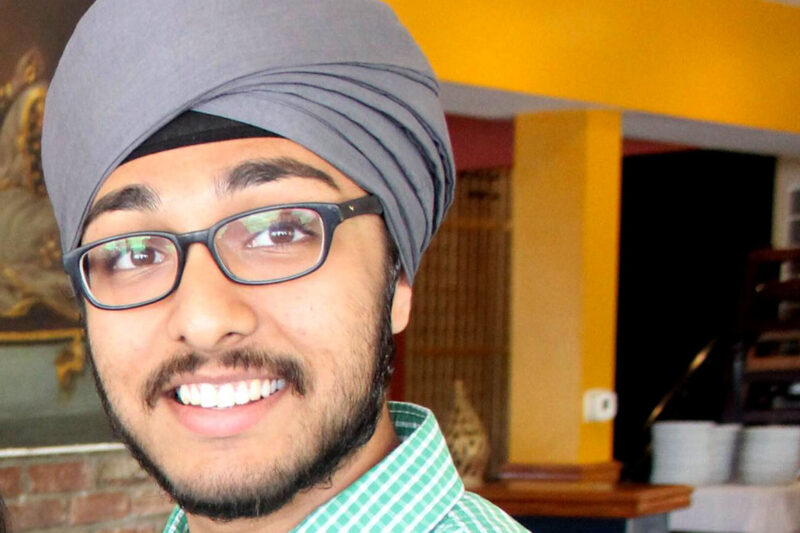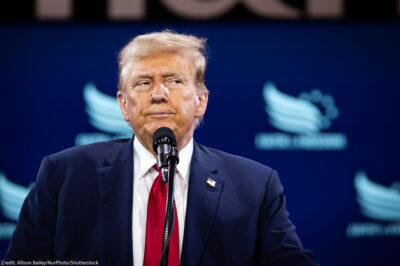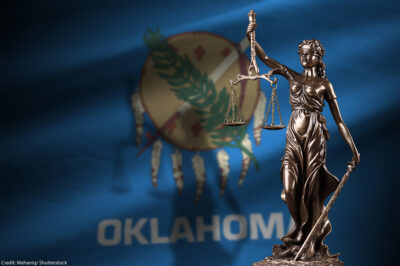Sikh or ROTC Cadet? Army Can’t Make College Student Choose, Federal Court Rules


What's the difference between a beard grown because of skin sensitivity to shaving and a beard grown for religious reasons? According to the Army, only one of them will damage good order and discipline.
And although both yarmulkes and turbans are religious head coverings, according to the Army, only one is a breach of uniformity.
Last winter, the Army refused to allow Hofstra University student Iknoor Singh to enroll in the campus ROTC program with his unshorn hair, beard, and turban, claiming that his articles of faith would breach uniformity and undermine unit cohesion, morale, good order, discipline, health, and safety.
On Friday, a federal district court in Washington, D.C., said the Army was wrong.
In a lawsuit brought by the ACLU, the ACLU of the Nation's Capital, and United Sikhs, the court held that the Army's refusal to accommodate Mr. Singh's beard, hair, and turban violated the Religious Freedom Restoration. The court ordered the Army to allow Mr. Singh to join ROTC with his articles of faith intact.
You've probably heard of RFRA before: Employers, such as Hobby Lobby, have used RFRA to argue that providing contraception coverage to their employees would violate their religion. And a number of states have been trying to pass RFRAs with the intent of allowing businesses and employers to use religion to discriminate or deny services. The ACLU has opposed these efforts because they would allow religious beliefs to be used to harm others, thereby distorting RFRA's intent and the principle of religious liberty altogether.
But harm to others isn't at stake in Singh's case.
In fact, the court recognized that the Army has authorized widespread exemptions to its grooming and uniform rules in recent years. For example, the Army has granted more than 100,000 exceptions to its prohibition on beards. Most of these exceptions were related to skin conditions, but some were also approved for religious or mission-related reasons, such as for special forces. The Army also allows soldiers to wear yarmulkes and other religious headgear. And the Army has either grandfathered in or outright exempted nearly 200,000 tattoos that do not comply with its grooming standards.
While the Army claims that expression of individual identity impedes uniformity and harms its mission, these specially approved tattoos have included full-sleeve and neck tattoos. They have also included tattoos that reflect soldiers' ethnic heritage, religious beliefs, and even their love of cartoons (Mickey Mouse), movies (The Nightmare Before Christmas and Star Wars), music (The Misfits), automobiles, and holidays, which one solider depicted with a tattoo of a Christmas tree monster chasing a candy corn.
What is more, the Army has granted identical accommodation to several Sikhs in the past, and they have performed exceptionally well. Superiors of Col. Gopal Khalsa, who served for three decades and retired in 2009, even called him "our best battalion commander, bar none."
In total, the Army has granted hundreds of thousands of exceptions to its grooming and uniform rules. When viewed alongside these myriad exceptions, the Army's claim now that allowing one additional beard and one additional piece of religious headgear would cause host of problems — none of which were caused by any of the other similar exemptions — just doesn't make sense. Nor, as the court recognized, does forcing Mr. Singh to choose between his faith and the opportunity to serve his country.





